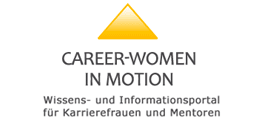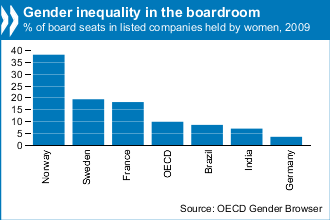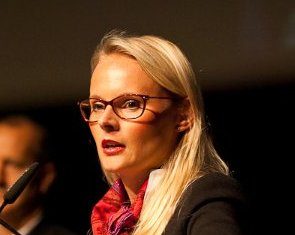Women are still under-represented in top corporate jobs, despite efforts in many countries to promote their participation on boards, according to new OECD data. The OECD’s new Gender Browser reveals that women occupied only one in ten board seats in listed companies in OECD countries in 2009, the most recent year for which comparable data are available.
This percentage varies greatly across countries: it is highest in Norway, at close to 40%, as a result of a mandatory quota introduced in 2006. The European Union is also due to announce today new measures to improve gender balance in company boards.
In Sweden, France, Slovak Republic and Finland the proportion of women on boards is between 15% and 20%, while in Germany, Japan and the Netherlands, it is less than 5%.
Spain, Iceland, France, the Netherlands, Belgium and Italy have all introduced laws to promote gender equality on boards, setting targets of between 20% and 40%. While there is no conclusive evidence that a company’s performance is boosted by having more women on the board, it is increasingly recognized that greater gender diversity in firms would increase the talent pool for top executives.
These data are among a series of new gender indicators being released today by the OECD in advance of International Women’s Day on Thursday 8 March. Other issues covered include education, entrepreneurship, the gender wage gap, life expectancy and the proportion of women in parliaments.
The Gender Browser is available at www.oecd.org/gender/equality and takes the form of a 0.5Mb Excel file that is quickly and easily downloadable. You can create charts comparing OECD countries as well as Brazil, China, India, Indonesia, Russia and South Africa for the most recent year and see trends over time. The full underlying data set is also available.
The release of the Gender Browser is part of a wider ongoing OECD initiative on the place of women in society in three areas key to economic opportunity: education, employment and entrepreneurship. A full report with new data and analysis will be presented at this year’s Meeting of the OECD Council at Ministerial level in Paris from 23-24 May.
For more information on the Gender Browser and other OECD work on gender equality, journalists should contact Monika Queisser (tel. + 33 1 45 24 96 34) or Willem Adema (+ 33 1 45 24 15 57) of the OECD’s Social Policy division.
For more information, journalists should contact the OECD Media Division (tel. + 33 1 45 24 97 00, news.contact@oecd.org) or the OECD Gender Initiative at www.oecd.org/gender/equality.














